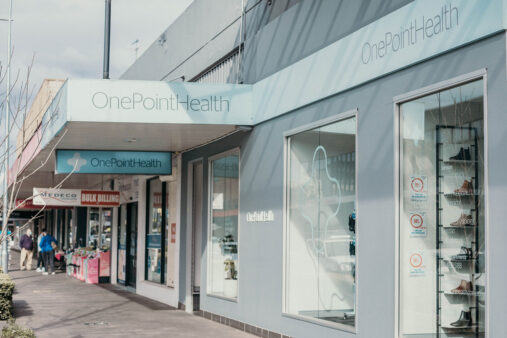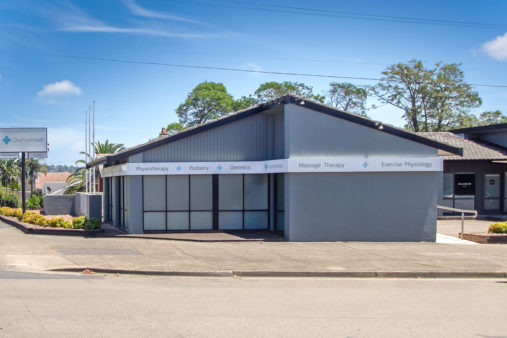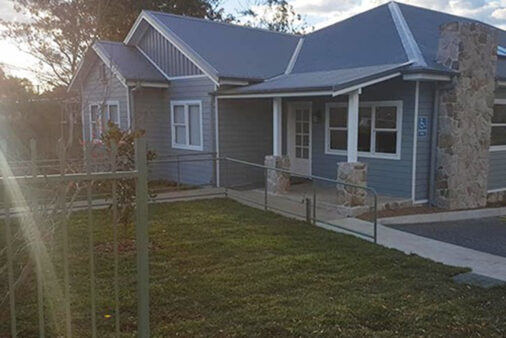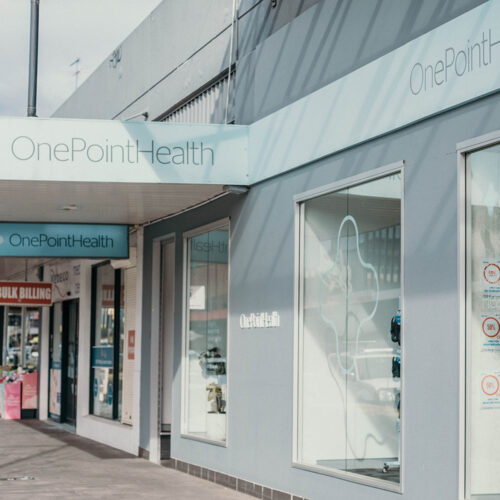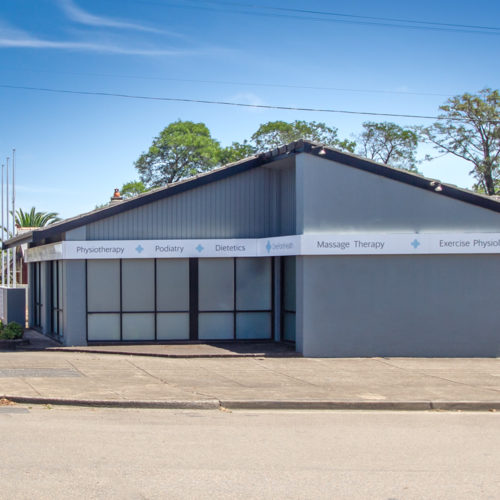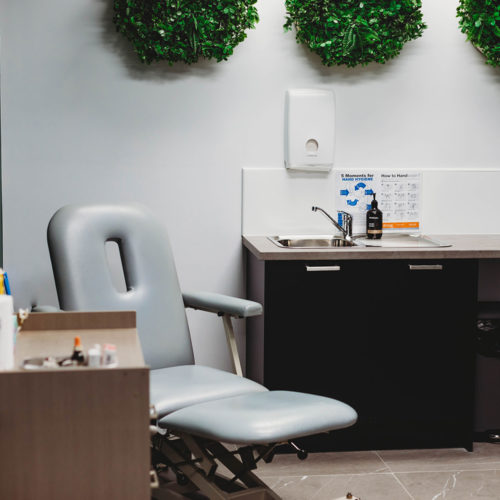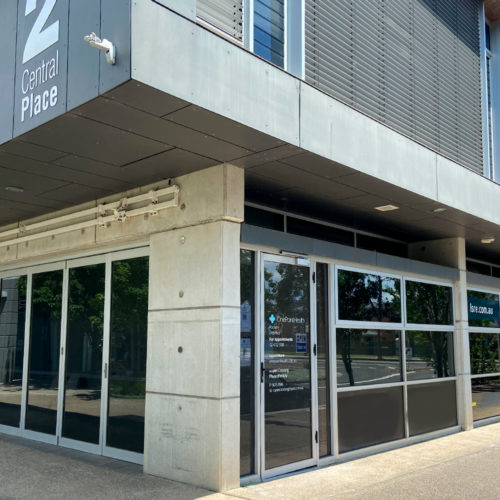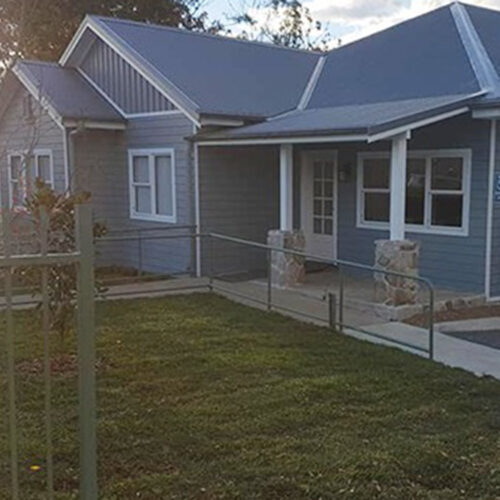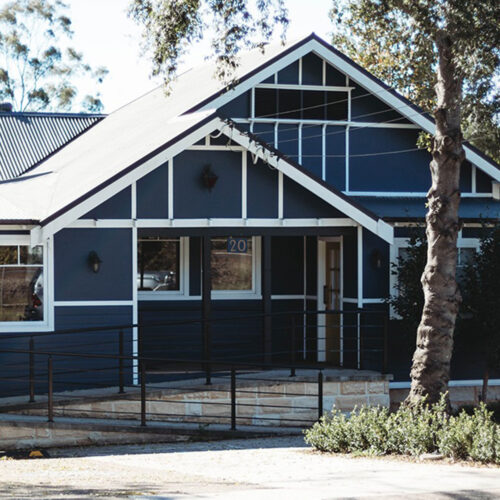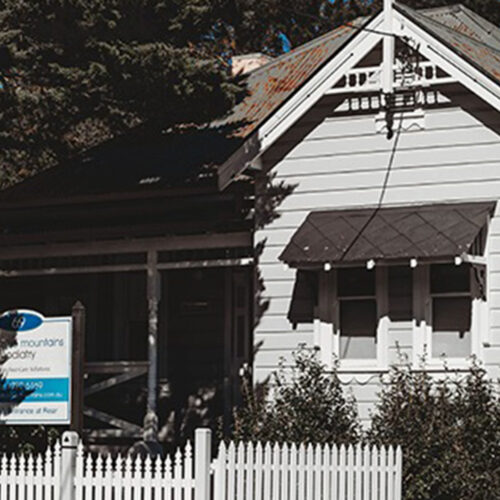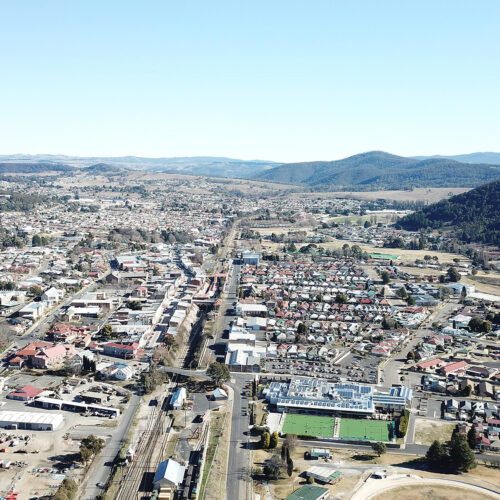Achilles tendinopathy refers to inflammation and/or pathological changes to the Achilles tendon due to incorrect loading or overuse of the tendon, causing pain. Achilles tendinopathy is a common problem that can be either an acute or chronic condition. Achilles tendinopathy can be identified as pain in the mid-portion of the tendon or pain in the achilles closer to the heel bone.
Why is the Achilles important?
The Achilles tendon is the common tendon for both the gastrocnemius and soleus muscles which make up the calf muscle complex and is responsible for pointing the foot in a downward direction (plantarflexion). This is an essential movement in everyday life and pain in symptomatic tendons may be felt during walking, running and even in some irritable cases, pressing the accelerator when driving. When we run, the soleus muscle is responsible for absorbing up to eight times our body weight and plays a large role in muscular endurance in our lower leg. Unfortunately, the Achilles tendon has a poor blood supply and therefore healing can be slow making Achilles rehabilitation a lengthy process. Therefore, Achilles tendinopathy can be quite debilitating as it limits people’s movement and ability to participate in physical activity; which can then have detrimental effects on one’s mental health.
Causes of Achilles Tendinopathy
Achilles tendinopathy is mainly caused by overuse. In the athletic population its onset often follows a sudden increase in training load often involved in running or jumping sports. Achilles tendinopathy may also occur in the general population; for example: a sudden spike in walking levels at work or general physical activity. Non- supportive footwear is also another reason why pain in the Achilles tendon may occur as poor footwear can change biomechanics of the foot and ankle placing the Achilles tendon under higher load. Footwear that has a soft heel counter and allows a foot to excessively pronate (‘roll in’) will create a higher shearing force on the Achilles tendon; which over a prolonged period of time can cause tendon overload; causing pain. Factors that can contribute to this are muscle weakness and foot biomechanics.
Symptoms of Achilles Tendinopathy
Persistent Pain and Tenderness
The hallmark of Achilles tendinopathy is persistent pain along the tendon, often concentrated at the back of the ankle. Tenderness may be noticeable even with light touch.
Discomfort During Activity
Individuals may experience pain and discomfort during common activities such as walking, running, or climbing stairs. This can hinder mobility and impact daily routines.
Morning Stiffness and Tenderness
Morning stiffness and heightened tenderness around the Achilles tendon, particularly upon waking, are common indicators. This discomfort may ease with gentle movement.
Swelling and Thickening
Swelling and thickening of the Achilles tendon are observable signs. These physical changes may contribute to a sensation of tightness and reduced flexibility in the affected area.
Audible Clicking or Snapping: In some cases, individuals may notice audible clicking or snapping sounds during movement, indicative of tendon dysfunction. This may coincide with increased pain.
Achilles Tendinopathy vs Sever’s Disease
Achilles pain is also common in adolescents aged 13-16 whereby the Achilles tendon pulls onto the heel where it is inserted; this is known as Sever’s disease. This is seen in adolescents with high training/ physical activity load in combination with a growth spurt and rather than physiological change to the Achilles tendon. In Sever’s the tendon pulls on the growth plate of the bone as the bone is not yet mature at such a young age. Treatment of Sever’s is identical to Achilles Tendinopathy which consists of a gradual strength program and reduction in load.
Physiotherapy Treatment of Achilles Tendinopathy
Here at OnePointHealth, our physiotherapists will use a combination of education, manual therapy and a graduated exercise program tailored to the person’s goals. Identifying lifestyle factors and activities that contribute to load is crucial in the rehabilitation process in order to optimise tendon loading in the appropriate way. It is important that exercise is graduated to ensure the tendon is optimally loaded as we know that tendons do not get better with rest, but on the contrary, are also aggravated with too much activity; which is often the cause of the pain in the first place. Starting with double leg isometric holds to help settle the pain before moving onto double leg strength exercises, single leg strength and depending on patient goals; plyometrics and return to running. Taping can also help offload the tendon to change foot and ankle biomechanics.
Conclusion
This injury can prove to be a prolonged one, given the natural desire of some people to ‘push-through’, which ultimately flares up pain and prolongs recovery. Having the right advice and guidance in regards to Achilles tendinopathy is imperative in making a strong return to running, sport or everyday activity.
The risk of Achilles Tendinopathy can be reduced through optimising appropriate loading strategies in combination with regular strength and running training. Our physiotherapists are skilled with identifying the cause of the injury and providing recovery techniques to get you back to your activities.
Treating Achilles Injuries: Causes, Symptoms & Physiotherapy Treatment
Embark on a Journey to Achilles Wellness: Uncover the intricacies of Achilles tendinopathy, from its causes and symptoms to a personalised physiotherapy approach at OnePointHealth. Take the first step toward resilient, pain-free movement and a stronger you.
Understanding Achilles Tendinopathy
Achilles tendinopathy, a common issue stemming from overuse or incorrect loading, affects the Achilles tendon—a crucial link between the calf muscles and foot movement. Whether acute or chronic, this condition often results in pain during everyday activities like walking or running. The Achilles tendon’s limited blood supply can slow healing, making tendinopathy debilitating. Overuse, sudden activity spikes, or inadequate footwear are common culprits. Weakness in calf muscles exacerbates the issue, impacting gait and movement. At OnePointHealth, we recognise the multifaceted nature of Achilles tendinopathy and offer comprehensive physiotherapy solutions tailored to individual needs.
Physiotherapy Treatment for Achilles Injuries
At OnePointHealth, our dedicated physiotherapists employ a holistic strategy to address Achilles tendinopathy, ensuring a tailored and effective treatment plan for each individual. Here’s a glimpse into our approach:
Educational Empowerment
Our physiotherapists provide insightful education, helping you understand the intricacies of Achilles tendinopathy. Knowledge empowers you to actively participate in your recovery journey.
Manual Therapy Expertise
Hands-on techniques form a crucial part of our intervention. Manual therapies are employed to alleviate pain, improve flexibility, and address specific biomechanical issues contributing to tendinopathy.
Graduated Exercise Programs
Tailored exercise regimens, starting with gentle double-leg isometric holds, form the foundation. Gradually progressing to double-leg strength exercises, single-leg strength, and, if aligned with your goals, incorporating plyometrics and return-to-running exercises.
Taping for Support
Taping techniques are employed strategically to offload the tendon, promoting optimal biomechanics. This additional support aids in reducing pain and facilitating the healing process.
Individualised Goal Setting
We understand that each person’s journey is unique. Our physiotherapists work with you to establish personalised goals, ensuring that your treatment plan aligns with your aspirations and lifestyle.
Guidance Beyond Pain Management
Acknowledging the desire to ‘push through’ can prolong recovery. We provide guidance on managing load, preventing re-injury, and fostering a strong return to daily activities, sports, or running.
Preventing reinjury
Preventing re-injury of the Achilles tendon is paramount for sustained recovery and continued well-being. At OnePointHealth, we emphasise proactive measures to safeguard against recurrence:
Load Management
Learn to manage and gradually increase your activity load. Our physiotherapists guide you in finding the optimal balance between rest and activity to avoid overstressing the tendon.
Footwear Awareness
Invest in supportive footwear that complements your biomechanics. Our experts offer guidance on selecting shoes that provide adequate stability and minimise excessive pronation, reducing stress on the Achilles tendon.
Muscle Strengthening
Continue targeted exercises to strengthen the calf muscles, especially the gastrocnemius and soleus. A well-conditioned musculature offers better support to the Achilles tendon, reducing the risk of re-injury.
Flexibility Maintenance
Incorporate regular stretching routines to maintain flexibility in the calf muscles and the Achilles tendon. This flexibility contributes to improved resilience and reduces strain during movement.
Adherence to Physiotherapy Guidance
Follow through with the personalised exercise programs and recommendations provided by our physiotherapists. Consistency in adhering to these guidelines is instrumental in preventing re-injury.
Pacing Return to Activity
Gradually reintroduce activities, especially high-impact ones like running, under the guidance of our experts. A phased approach allows the tendon to adapt, lowering the risk of overexertion.
Listen to Your Body
Pay attention to any signs of discomfort or strain. If you experience lingering pain or new symptoms, consult with our physiotherapy team promptly to address potential issues before they escalate.
Get Support Today
In navigating the intricacies of Achilles tendinopathy, understanding its causes, symptoms, and dedicated physiotherapy treatment is crucial. At OnePointHealth, our commitment to your well-being is evident in our holistic approach, addressing not just the symptoms but the root causes of Achilles issues. From education and manual therapy to personalised exercise programs and preventative strategies, our expert physiotherapists are here to guide you on a path to recovery and resilience.
Take charge of your Achilles health—recognise the signs, seek timely intervention, and embrace the comprehensive care offered at OnePointHealth. Your journey to pain-free movement and optimal well-being starts with a step in the right direction. Schedule an appointment today and let us be your partners in achieving a strong and enduring recovery. Your Achilles deserves the best – choose OnePointHealth for a healthier, more active you.
